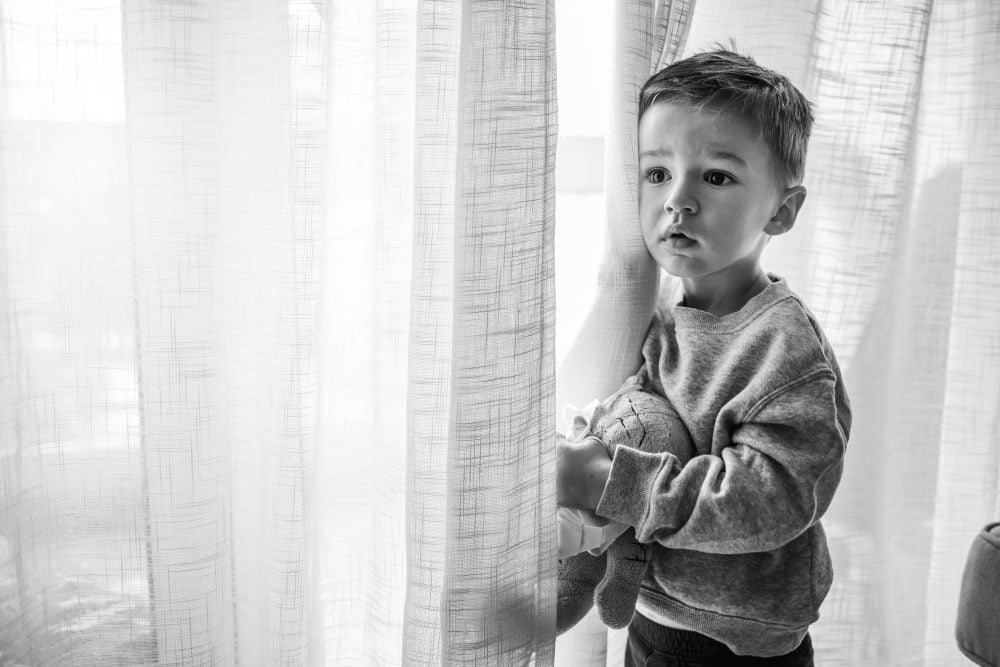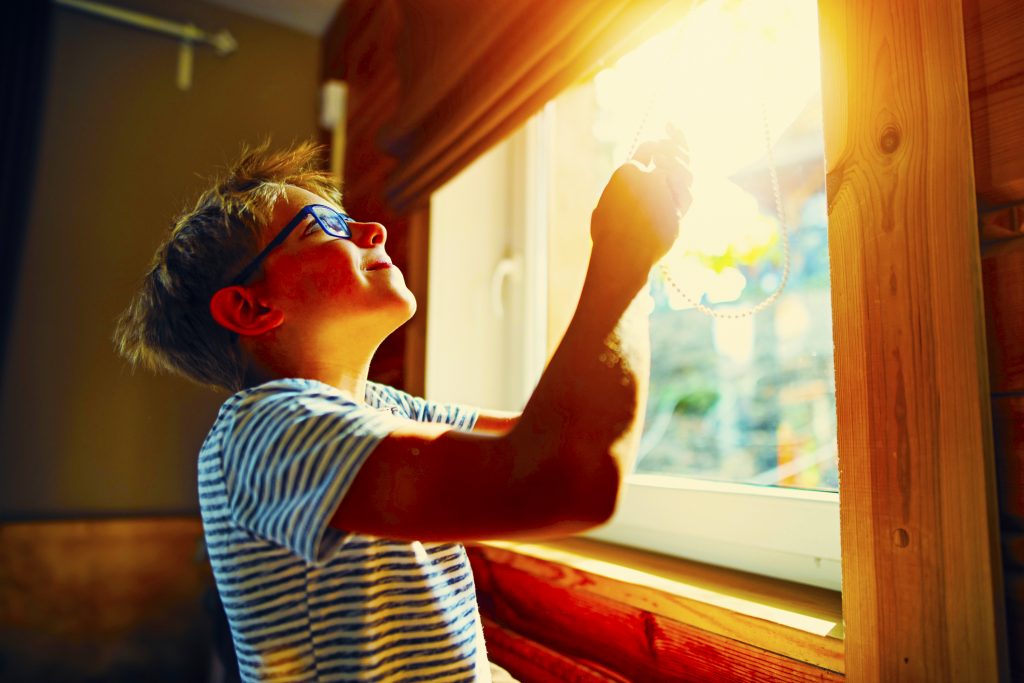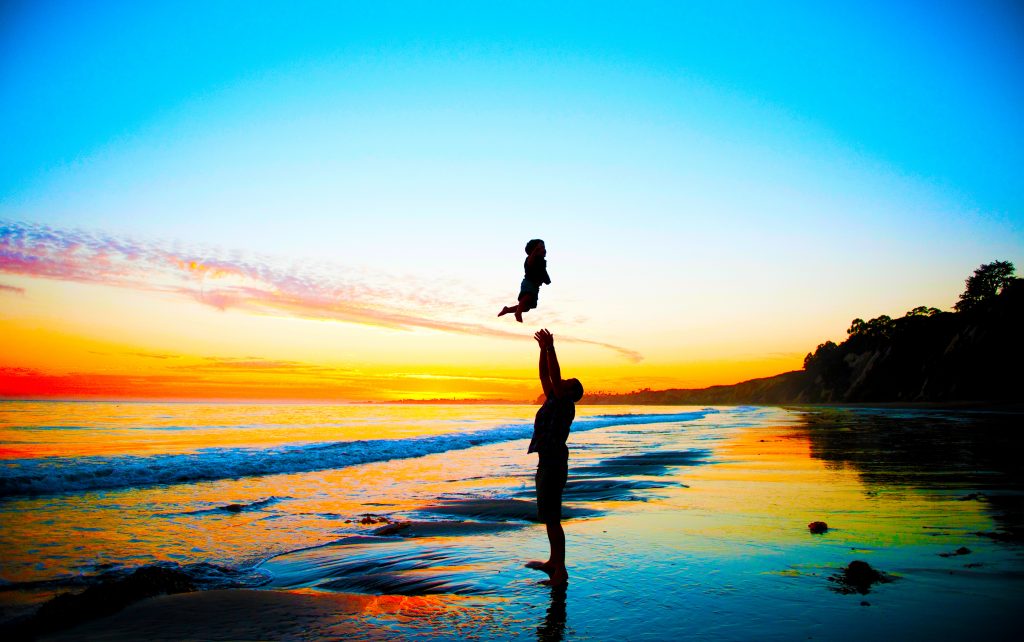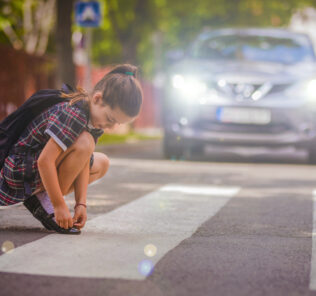Covid 19 – Back to School in September 2020? Our Verdict: Children Need Schools to Open.
Background – Back to School in September?
After months of distance learning and a long summer ahead, the transition to school in September could be challenging for many of us as parents, and for our children – if it happens. It is still not clear whether schools will return as normal – or whether we will all continue to teach at home – or have some combination of the two. Many of us remain terribly worried about the safety of our children (and our families) if our children do return – but we are also worried about the impacts of not being at school are having on our children and the whole family if they don’t.
We are all, and that includes schools, finding ourselves in an impossible position with consequences that we will probably only begin to come to grips with many years down the road.
While many of our children can’t wait to get back to their friends, others may find it a strange time of transition. Many children, inevitably, will suffer separation anxiety and large numbers of children, very considerable upset and distress.
In this article we:
- Firstly, ask the experts what parents should look out for – and what they can do to make things run smoothly, however the ‘new normal’ may look – come September; and,
- Secondly, we state, for the first time, the SchoolsCompared.com position on whether schools should open in September – and what needs to be done for them to do so.
Children with Separation Anxiety and Emotional Upset ….
Dr Daniela Salazar, Clinical Psychologist at LightHouse Arabia, says many parents are worried about how to handle their children’s anxiety or fear when they return to school:
“We have been social distancing for almost three months now. This has caused family dynamics to develop stronger dependencies. Families have been struggling with an unprecedented lockdown – and for many of them this extended period has been really difficult.”
She says going back to the old routines will mean creating new habits:
“In some way or another, all children will find the transition back to school difficult; they will need to re-adapt to the ‘new normal’ again and some will have to learn how to cope with separation anxiety due to the attachment that has been formed over the last few months.”
She also warns of behavioural expressions of what has been a challenging time:
“Each child will probably respond differently – some may show feelings of sadness or withdrawal, while others might engage in challenging behaviour, seem angry, or anxious.”
Separation anxiety may not only hit children. Despite the many lockdown challenges that we have all faced, many of us, as parents, may feel it too. While, she says, in children, it may manifest as “fussing, whining, crying, screaming, grabbing the parent’s body or clothes, clinging, pleading, throwing a tantrum, getting ill all of a sudden before school, or headaches” – parents will, in turn, “feel a sense of anxiety too”:
“Parents usually respond in anguish and they can start delaying the departure to school, returning to hug the child or engaging in extensive reasoning with the child. On some occasions, parents might even return to school to pick up the child after a teacher’s call about a child’s protest.”
Dr Salazar cautions:
“This anxious behaviour coming from parents may also exacerbate the child’s anxiety to return to school. While these behaviours are well intentioned, we need to know that they are only strengthening the anxious behaviours in our children – and us.”
Children are all unique little creatures and there is no one right or wrong answer. Each has a different level of coping and resilience but consistency is key, to whatever strategy a parent adopts, says Dr Salazar:
“When parents react in a non-consistent way, protests and challenging behaviour will increase.”
English College Principal, Mark Ford, says the social and emotional impacts of lockdown have not been lost on the school’s team:
“If you’re a child and you see your teacher on the screen and you’re seeing your classmates as little photos on the side of a Google meeting, it takes its toll. I think the social and emotional cost inflicted on all children has been has been the biggest challenge.”
Mr Ford continues:
“One of the key jobs when we get back some degree of normality is making sure that all of those children are feeling ok. We’re normalising them again as best we possibly can, but even the most resilient, the most robust – and that goes for adults too actually – will have found the whole thing pretty challenging. Even the most resilient children will have to take some time to ease back into school.”
At The English College there has been a big investment in Counsellors and making certain that they are available to all parents and children to guide and support them. These will play just as an important role as term begins in September.
Mr Ford says:
“Whether it’s the gregarious and outgoing children who have been locked in the bedroom for months, or the quiet and timid ones, having had too much isolation, I’d say all of us have been challenged in different ways. I think everybody’s gone through peaks and troughs emotionally.”
Children who Simply Cannot Wait to Return to School …
Where some children are struggling, others are responding in a completely opposite way.
Clinical psychologist and psychotherapist Maša Karleuša Valkanou, from the Thrive Wellbeing Centre, told SchoolsCompared.com that many of those children who once complained about school, now cannot wait to return:
“Most children can hardly wait for their life to come back to normal. The famous proverb – ‘you don’t know what you have, until you lose it’ – applies here as well. As therapists on the coal face of Covid 19, we are now witnessing phenomena that is seeing many children with social anxiety, who avoided going to school using any creative methods they could think off, now saying: “Oh, I didn’t know how horrible life is without school. I’ll never complain about school again.”
She says the transition to staying at home was initially easy, as most of children welcomed the staying at home as the ‘holidays.’ But, as their social life faded, they began to miss it:
“I expect that transition back to school will be fairly easy as well for two reasons. First it will come naturally, after a summer break, and for the second reason that children are longing for the interactions they have in school. After two weeks, we can expect them to start complaining again, but that is just human nature…”
The return to school will be a much-needed easing of the burden on the parent-child relationship too. It will also start up again the natural social interaction the school environment brings with it in aiding a child’s growth. Ms Valkanou explains:
“Parents should not be tutors for their own children. It burdens a parent-child relationship and deprives the child of having a relationship with a teacher. Teachers are very important figures in children’s life and there is no excuse to take that away from a child. Even where a teacher is not ideal or liked by a child, both being in a classroom with other kids and being in a group with an adult who is not their parent, is a precious developmental experience.”
While some parents have considered continuing home schooling if distance learning continues, not least, in the current economic climate, she says this would be a mistake for child development:
“Although schools are expensive and the rationale behind home schooling is clear, I believe strongly that it is actually detrimental for the child. Children need their time away from home, time with peers and time with other adults.”
While some parents have chosen the distance learning alternative for the coming year to save money, Ms Valkanou advises parents to think carefully, suggesting it could create separation and social anxiety, insecurity and hinder social interactions.
Top 5 Tips For Returning To School
Dr Daniela Salazar, Clinical Psychologist at LightHouse Arabia, suggests that we all as parents can benefit from the following:
Top Tip 1
- Learn the rules and routines of the classroom (plan ahead): This includes developing a plan for dealing with separation and the new classroom routines and rules. Involve the teacher’s rules and plans in your own planning at home. As a parent you could also write a description of the strategy for responding to your child’s protests at home and email it to the teacher. Also, invite the teacher to include input about how your strategy fits in the classroom setting and how they can help you.
Top Tip 2
- Listen to your child: Children communicate both verbally and non-verbally about their anxiety. They will let you know when things aren’t well and you can reassure and be prepared for them. For younger children, I recommend having them make a drawing about their thoughts and concerns and respond to this with honesty and reassurance.
Top Tip 3
- Model Calmness: You are the leader of your family, your children will register your emotions and behaviours as indicators for how to behave and feel themselves. It is very important to stay calm and relaxed yourself. Anticipate child’s protests and plan on how to react calmly.
Top Tip 4
- Leave without hesitation: The parent should leave the school setting directly without hesitation. Do not return. Once the parent has left, the parent should not come back to pick up or talk to the protesting child. Remember, the more attention we give protests the more likely they will get worse and make it harder for the child in the long-term.
Top Tip 5
- Behave consistently: Have a routine that you continue to follow despite any protests. This predictability will make it easier to the child to learn that everything is normal. This will help the child integrate into the new post-pandemic classroom daily routine. Inconsistent experiences are likely only to produce more emotional upset and intermittently reinforce undesired behaviours
Bottom Line? The SchoolsCompared.com View on Schools Opening in September.
As of June 2020, none of us know whether children will be returning to school this September – and even if they do, it is likely to be a very different school life that our children return to. We do know that the UAE government is planning for a return, that schools are lobbying to be allowed to open in September, and that education is the absolute foundation of our children having a happy and successful life as they become adults. We also know that Covid 19 has killed close to half a million people worldwide and the global rate of infection is rising exponentially, not falling.
We are all – as schools, as parents, as government, as education regulators – caught between rocks and very hard places. Damage results at every turn because lives are at stake in both cases.
For us, trust, is the single defining element that offers the only way to resolve this without a bullet proof vaccine. As parents, we want our children back at school – and we want them back yesterday. A generation of children are now at serious risk.
But, we also need to know that they will be absolutely safe – and we will be safe. Many parents are older – and the risks rise particularly for the over 50s. People, of all ages, have died. We do not want our children growing up without their parents, or grandparents.
What does trust mean? It means we need our schools now to guarantee smaller classes, guarantee systems that mean that contact is absolutely limited. We need to know that the safety of all of us, including our wonderful teachers and principals, is put centre stage.
If schools do not open in September, we will lose schools. There will be school closures. The genuinely world class education system we have in the UAE will be set back a decade. Choice for parents will diminish, competition will be restricted and fees will rise. This may not not be as important an issue as human lives or the education of our children – but it is centrifugally important. We need to protect our amazing, beautiful schools.
So where does this leave us? We need schools, now, to do everything, absolutely everything, to calm nerves. Schools need to start confronting this head on and give us all, as parents, the absolute confidence that safety is more important than profit.
- Our children must return to school in September.
- When they do, our children must be safe from becoming infected.
We have never needed our amazing schools, their leadership and teachers more – and we need them to deliver both of these things.
And, every bit as importantly, we, as parents, need to believe, to know, to trust, that they can and will deliver both – whatever the cost.
©SchoolsCompared.com 2020. All rights reserved.






























































Leave a Response